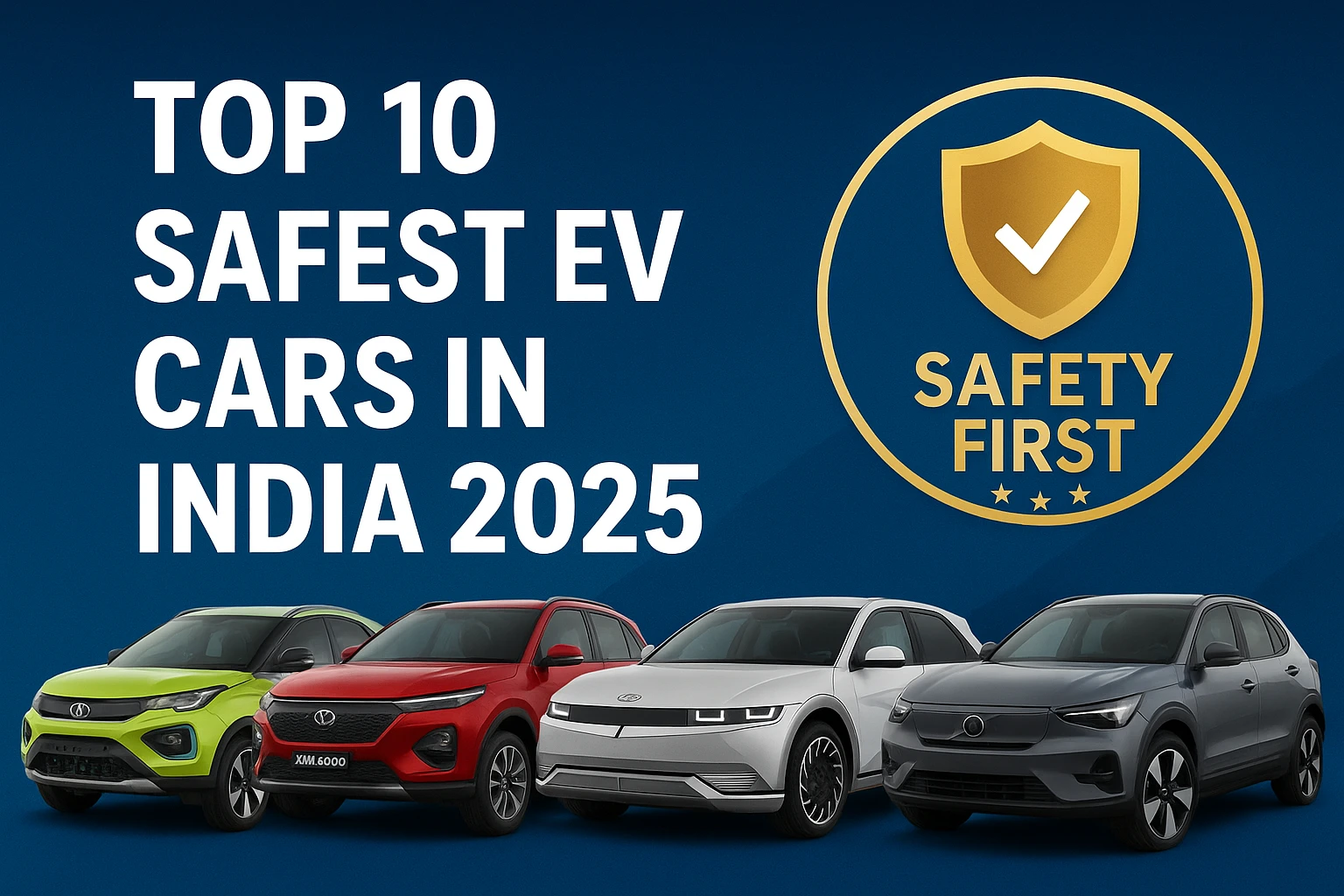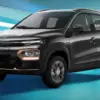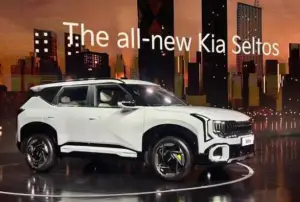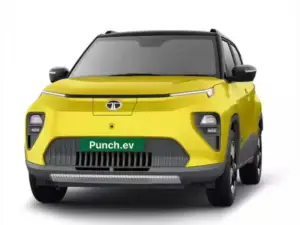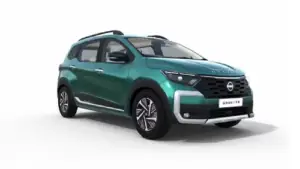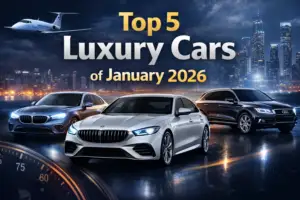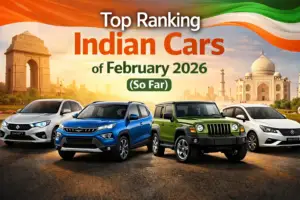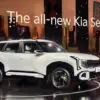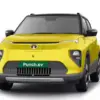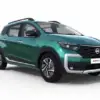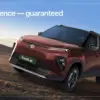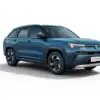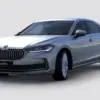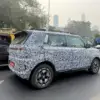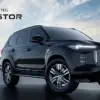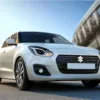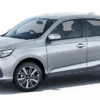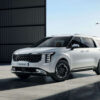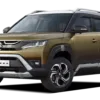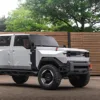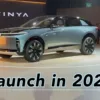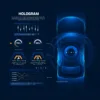Introduction
India’s automobile industry is in the middle of a revolution. The rise of electric vehicles (EVs) has been one of the most transformative changes in recent years. While consumers are curious about range, charging time, and cost of ownership, there’s one factor that often gets overlooked — safety.
The reality is that safety should be a top priority when choosing a car, especially in a country like India where road accidents are common. According to government data, over 1.5 lakh people lose their lives every year due to road accidents. For EV buyers, this makes crash protection, battery safety, and advanced driver-assistance systems (ADAS) just as important as range and performance.
The Global NCAP (New Car Assessment Program) and Euro NCAP have tested many EVs on Indian and global platforms. These ratings measure adult and child occupant safety, side-impact protection, electronic stability control, and more. A 5-star NCAP rating signals that a vehicle has undergone rigorous testing and offers strong protection.
In this article, we present the Top 10 Safest EV Cars in India (2025). This list includes affordable compact EVs, mid-size SUVs, and premium electric cars. We’ll also explore their crash test ratings, safety features, pros, and main competitors — helping you make a well-informed decision.
Top 10 Safest EV Cars in India (2025)
1. Tata Nexon.ev (Safest EV car in India)
The Tata Nexon has been India’s poster child for safety, with its petrol/diesel version scoring a 5-star Global NCAP rating. The Nexon.ev, built on the same platform, carries forward this robust build quality.
Safety Highlights:
- 6 airbags, ESP, traction control
- 360° camera, hill-hold assist, ISOFIX
- Battery pack with IP67 protection against dust and water
- Crash-tested structure with high torsional rigidity
Pros: Affordable, wide charging network, high NCAP credibility
Competitors: MG ZS EV, Hyundai Kona EV
2. Mahindra XUV400 EV
The XUV400 EV is based on the XUV300, which earned a 5-star Global NCAP rating. Mahindra carried forward its safety-first DNA to the EV segment.
Safety Highlights:
- 6 airbags, all-wheel disc brakes
- Electronic stability program, traction control
- Strong structural integrity tested for frontal and side impacts
- Battery safety system with thermal runaway protection
Pros: Spacious cabin, excellent crash safety, fun to drive
Competitors: Tata Nexon.ev, MG ZS EV
3. Hyundai Ioniq 5
Hyundai’s flagship EV in India, the Ioniq 5, is a global award-winning EV that scored 5 stars at Euro NCAP. Built on the e-GMP platform, it offers futuristic safety technology.
Safety Highlights:
- ADAS Level 2 with lane-keep assist, collision avoidance
- 6 airbags and advanced structural engineering
- Blind spot collision avoidance
- Strong battery thermal management system
Pros: Long range (~631 km ARAI), high-tech cabin, futuristic design
Competitors: Kia EV6, BYD Atto 3
4. Kia EV6
Kia’s EV6 shares its platform with the Ioniq 5 and has achieved 5-star Euro NCAP safety ratings.
Safety Highlights:
- 8 airbags, forward collision assist
- ADAS suite with blind spot monitoring
- Safe exit assist, electronic stability control
- Strong crumple zones designed for EV batteries
Pros: Premium feel, sporty design, high-tech safety
Competitors: Hyundai Ioniq 5, Volvo XC40 Recharge
5. BYD Atto 3
BYD has gained a strong reputation in India with the Atto 3, which has also been rated 5-star at Euro NCAP.
Safety Highlights:
- 7 airbags, lane-keep assist, adaptive cruise control
- Battery Blade technology (fire-resistant, safer cells)
- ISOFIX child seat mounts, traction control
- High-strength chassis build
Pros: Feature-packed, excellent safety record, unique interior design
Competitors: MG ZS EV, Hyundai Kona EV
6. Volvo XC40 Recharge
Volvo is synonymous with safety, and the XC40 Recharge is no exception. It received 5-star Euro NCAP ratings and comes loaded with IntelliSafe technology.
Safety Highlights:
- 8 airbags, reinforced steel body
- Advanced ADAS with lane assist, collision mitigation
- Emergency braking system, blind spot assist
- Battery shielded with safety cell design
Pros: Luxury feel, benchmark in safety, robust build
Competitors: BMW iX1, Mercedes EQB
7. BMW iX1
The BMW iX1 is an entry-level luxury EV SUV built on the proven X1 platform, which has scored high in Euro NCAP safety tests.
Safety Highlights:
- 8 airbags, ADAS with adaptive cruise
- Lane departure warning, automatic braking
- German engineering with rigid crash structures
- High safety standards for passenger and battery
Pros: Premium SUV feel, strong build quality, engaging to drive
Competitors: Volvo XC40 Recharge, Mercedes EQB
8. Mercedes EQB
Mercedes brings luxury and safety together in the EQB, India’s only 7-seater EV SUV. It also carries 5-star Euro NCAP certification.
Safety Highlights:
- 8 airbags, Pre-Safe collision mitigation
- ADAS suite with blind spot assist
- Strong structural reinforcement for battery protection
- Child occupant protection with ISOFIX
Pros: Family-friendly 7-seater, strong luxury appeal
Competitors: BMW iX1, Volvo XC40 Recharge
9. MG ZS EV
The MG ZS EV is one of the most popular EVs in India and comes with 5-star Euro NCAP safety ratings (global model).
Safety Highlights:
- 6 airbags, 360° camera, hill descent control
- Electronic stability program, traction control
- Steel cage structure for side impacts
- Battery pack with fire protection layers
Pros: Affordable premium EV, proven safety record
Competitors: Tata Nexon.ev, BYD Atto 3
10. Tata Punch.ev
The Tata Punch ICE version scored a 5-star Global NCAP rating, and the EV version is expected to deliver the same.
Safety Highlights:
- 6 airbags, ESP, traction control
- High ground clearance and crash-tested frame
- Battery pack designed with Tata’s Ziptron safety technology
- Compact yet sturdy SUV
Pros: Budget-friendly EV, expected strong safety, wide service reach
Competitors: Citroen eC3, MG Comet EV
Why Safety Matters in EVs
Unlike petrol/diesel cars, EVs come with large lithium-ion batteries. While they offer excellent performance and efficiency, they also require special safety mechanisms to prevent overheating, fire hazards, and damage during crashes. This makes crash ratings, thermal management, and battery protection even more important.
Key factors that matter in EV safety:
- Battery Safety: IP67 waterproofing, fire-resistant casings, and thermal management systems.
- Crash Ratings: 5-star Global NCAP or Euro NCAP ratings ensure structural integrity.
- ADAS Systems: Features like lane assist, automatic emergency braking, and adaptive cruise help prevent accidents.
- Airbags & Occupant Protection: Higher the number, better the chances in case of a crash.
When buying an EV, safety should always be a non-negotiable priority.
Tabular Summary: Top 10 Safest EV Cars in India
| Rank | EV Model | Safety Rating (NCAP) | Airbags | Key Safety Tech |
|---|---|---|---|---|
| 1 | Tata Nexon.ev | 5★ GNCAP | 6 | ESP, 360° Camera, ISOFIX |
| 2 | Mahindra XUV400 | 5★ GNCAP | 6 | Disc brakes, Hill Hold |
| 3 | Hyundai Ioniq 5 | 5★ Euro NCAP | 6 | ADAS, Lane Keep Assist |
| 4 | Kia EV6 | 5★ Euro NCAP | 8 | Blind Spot Assist, ADAS |
| 5 | BYD Atto 3 | 5★ Euro NCAP | 7 | Adaptive Cruise, LDW |
| 6 | Volvo XC40 Recharge | 5★ Euro NCAP | 8 | IntelliSafe ADAS |
| 7 | BMW iX1 | 5★ Euro NCAP | 8 | Emergency Braking, ADAS |
| 8 | Mercedes EQB | 5★ Euro NCAP | 8 | Pre-Safe, Collision Assist |
| 9 | MG ZS EV | 5★ Euro NCAP | 6 | 360° Camera, Hill Descent |
| 10 | Tata Punch.ev | Expected 5★ GNCAP | 6 | ESP, Traction Control |
Conclusion
The EV market in India is becoming safer and smarter with each passing year. Whether you’re looking for a budget EV like the Tata Punch.ev, a practical SUV like the Nexon.ev or XUV400, or a luxury EV like the Volvo XC40 Recharge or Mercedes EQB, safety is no longer a compromise.
Models like the Hyundai Ioniq 5 and Kia EV6 prove that Indian buyers can now access global safety standards, while Tata and Mahindra continue to lead with indigenous 5-star rated platforms.
As India moves towards a sustainable mobility future, ensuring that EVs meet the highest safety benchmarks will give buyers peace of mind. After all, a truly futuristic car isn’t just about range or tech — it’s about keeping you and your family safe on every journey.

